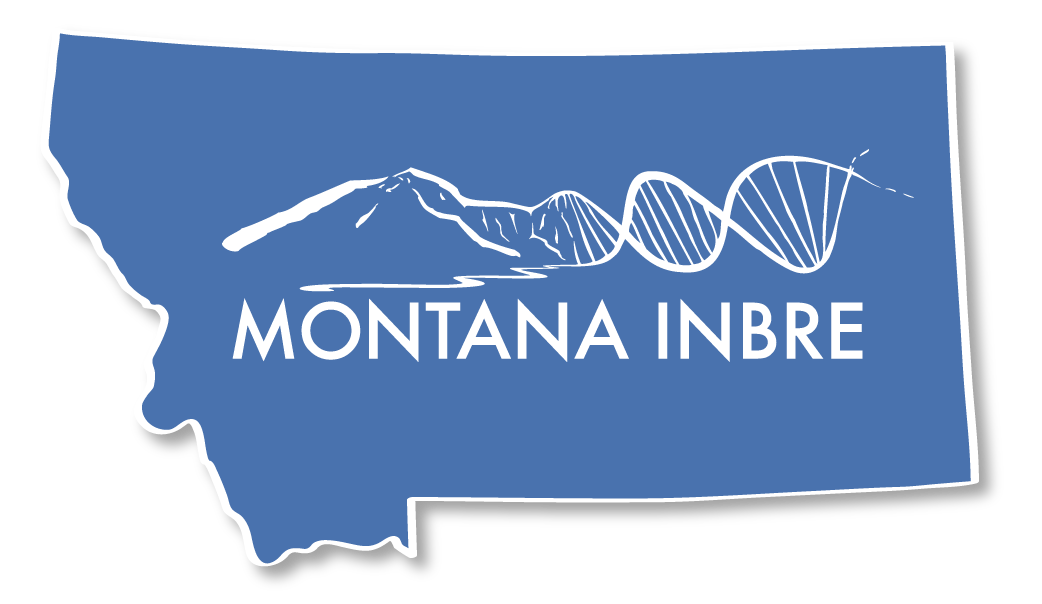Project Summary

One of the most pressing societal challenges of our time is to support food security and healthy diets while conserving ecological resources in culturally-minded ways. The overall objective of this project is to co-design, implement, and evaluate an integrated, culturally-minded food sovereignty and precision nutrition intervention on the Flathead American Indian Reservation of the Confederated Salish and Kootenai Tribes (Flathead Reservation hereafter) in Montana among 40 low-income participants of nutrition assistance programs. The overall research question of this project is: What are the effects of an integrated, culturally-minded food sovereignty and precision nutrition intervention on interacting factors of dietary quality, food behavior, and gut microbiota of study participants?
The project builds on our previous dietary interventions on the Flathead Reservation in new and exciting ways that are linked to community goals of enhancing food sovereignty, individual goals of improving diets tailored to personal needs, as well as national goals aligned to the 2020–2030 Strategic Plan for NIH Nutrition Research focused on precision nutrition. Precision nutrition represents a promising approach in communities characterized by an overwhelming rate of obesity and associated metabolic challenges, however, it remains largely inaccessible in health disparate communities who can most benefit from it. Our planned intervention will seek to create a public health model to bridge access between nutrition practitioners and health disparate communities while seeking to positively influence behavior and knowledge for supporting healthy and sustainable diets for advancing human and planetary health.
Our specific objectives include: (1) co-design an integrated, culturally-minded food sovereignty and precision nutrition framework; (2) develop and implement an intervention based on an integrated food sovereignty and precision nutrition framework; (3) evaluate the culturally-minded food sovereignty and precision nutrition intervention based on interacting factors of dietary quality, food behavior, and gut microbiota of study participants and; (4) conduct a sustainability assessment of indigenous foods on the Flathead Reservation.
Project Aims
The overall objective of this project is to co-design, implement, and evaluate an integrated, culturally-minded food sovereignty and precision nutrition intervention on the Flathead American Indian Reservation of the Confederated Salish and Kootenai Tribes (Flathead Reservation hereafter) in Montana among 40 low-income participants of nutrition assistance programs. The overall research question of this project is: What are the effects of an integrated, culturally-minded food sovereignty and precision nutrition intervention on interacting factors of dietary quality, food behavior, and gut microbiota of study participants?
The project will build on our previous work in the areas of food environments, food security, and dietary interventions in new and exciting ways that are linked to community goals of enhancing food sovereignty, individual goals of improving diets tailored to personal needs, as well as national goals aligned to the 2020–2030 Strategic Plan for NIH Nutrition Research focused on precision nutrition. Precision nutrition represents a promising approach in communities characterized by an overwhelming rate of obesity and associated metabolic challenges (Toro-Martín 2017). However, precision nutrition remains largely inaccessible in health disparate communities who can most benefit from it. This project will pilot a novel collaboration with the American Association of Nutrition to provide personalized nutrition to low-income residents of the Flathead community. Following are the specifics aims that will be carried with guidance from our Community Advisory Board (CAB) as well as through training students:
- Co-design an integrated, culturally-minded food sovereignty and precision nutrition framework. During 2020, we worked towards creating a placed-based food sovereignty framework with our Community Advisory Board (CAB). Our project team along with our CAB has identified the need for implementing a culturally-minded precision nutrition intervention that aligns with the placed-based food sovereignty framework. We will thus carry out focus group interviews to co-design a culturally-minded precision nutrition framework that is aligned to a food sovereignty framework. Our planned framework will provide an example of how to design a precision nutrition program in ways that are culturally minded in other tribal and rural communities.
- Develop and implement an intervention based on an integrated food sovereignty and precision nutrition framework. We will develop an intervention providing food and nutrition education, personalized nutrition guidance, and access to local nutrient-dense foods. The food and nutrition education will be based on our existing sustainable diets curriculum which we be revised on the basis of our co-designed food sovereignty and precision nutrition framework. We will implement the intervention over a 16-week period with 40 participants of nutrition assistance programs on the Flathead Reservation. A novel aspect of our intervention will include providing personalized nutrition consultation to individual project participants through an emerging collaboration with American Association of Nutrition (ANA).
- Evaluate the culturally-minded food sovereignty and precision nutrition intervention based on interacting factors of dietary quality, food behavior, and gut microbiota of study participants. We will evaluate the impact of the intervention on interacting factors of dietary quality, food behavior, physical activity, and the microbiota of study participants. We will carry out assessments of participants on the Flathead Reservation before and after our intervention. A key part of this intervention will be train tribal students from Salish Kootenai College (SKC) on community-based research methods, lab-based analyses, and community engagement for enhancing human and environmental wellbeing through the food system. The microbi

